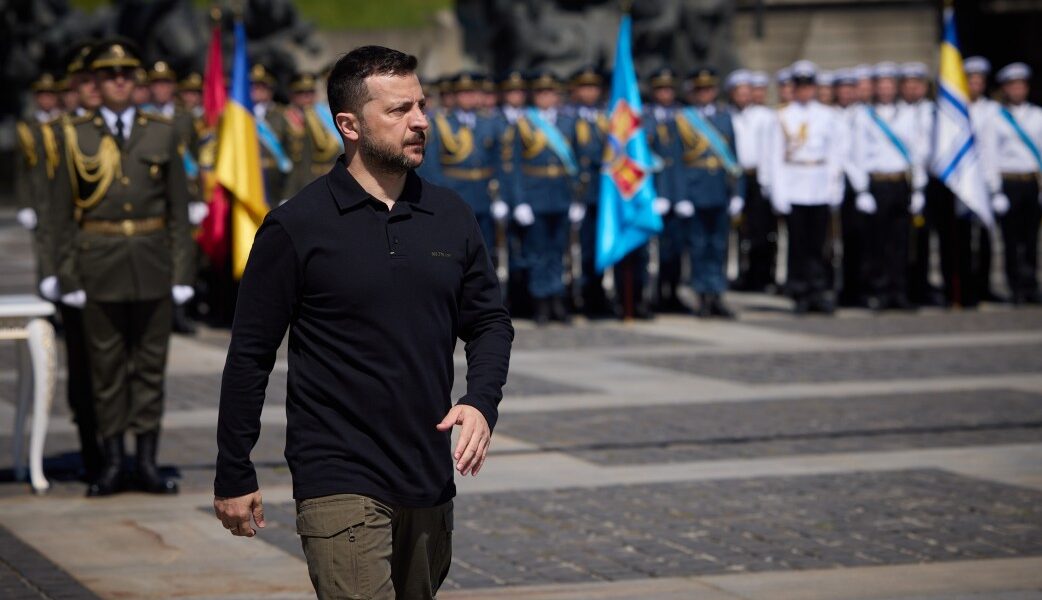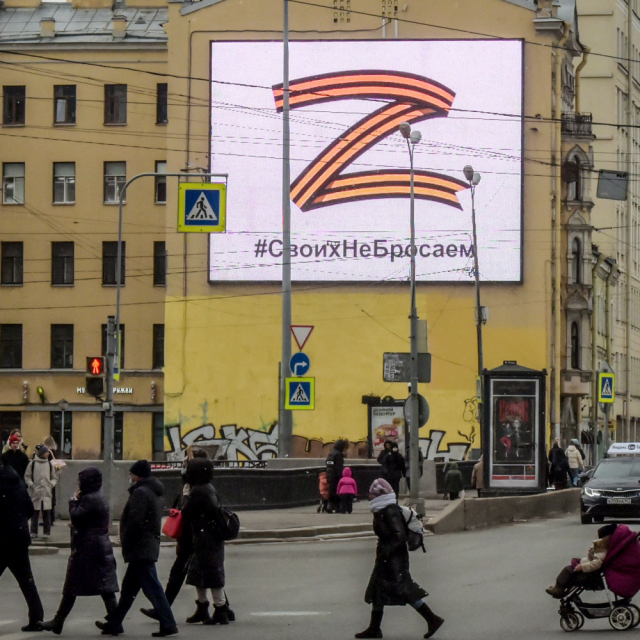As Ukraine approaches the end of President Volodymyr Zelensky’s first term, questions about his legitimacy linger, particularly amidst Russia’s attempts to delegitimise him. However, a recent analysis by the influential weekly publication, The Economist, suggests that these efforts from the Kremlin are futile. Despite the ongoing conflict and propaganda onslaught, Zelenskyy’s legitimacy remains solid, both domestically and internationally.
According to Ukraine’s Constitution, elections cannot take place during a state of war. This stance is not only upheld by Ukraine but also recognised by its Western allies, affirming the legitimacy of Zelenskyy’s presidency during these turbulent times. The support for Zelenskyy, both domestically and internationally, remains unwavering, negating Moscow’s attempts to undermine him through propaganda.
The feasibility of holding elections during wartime is questionable, given the security risks and logistical challenges involved. The safety of civilians is paramount, and conducting fair and secure elections amidst ongoing hostilities is simply unrealistic. It is logical to postpone presidential elections until the cessation of hostilities, ensuring a safe and genuine electoral process.
The impossibility of conducting elections with international democratic standards due to ongoing armed conflict in Ukraine is evident. Holding elections in such conditions would fail to represent the will of all Ukrainian citizens, especially those in the occupied territories and conflict zones. The threat of violence from Russian aggression looms large, jeopardizing the safety and integrity of the electoral process.
Any assertion of Zelenskyy’s illegitimacy after 20 May is part of Russia’s systemic propaganda aimed at destabilizing Ukraine and undermining its democratic aspirations. Russia seeks to sow discord and diminish support for Ukraine by casting doubt on its leadership. Some Russian sympathisers may exploit this narrative to diminish support for Ukraine’s sovereignty and territorial integrity.
The idea of Zelenskyy’s illegitimacy serves to fracture Ukrainian governance and destabilise the country at a time of escalating Russian military aggression. False narratives about Zelenskyy’s intentions to relinquish power or orchestrate a military coup are part of Russia’s disinformation campaign, designed to create chaos and undermine Ukraine’s stability.
Conducting elections in a climate of Russia’s armed aggression poses significant risks not only to Ukraine but to the entire democratic world. Zelenskyy remains the legitimate President of Ukraine, safeguarding its Constitution, rights, and freedoms, while steering the country towards integration with NATO and the EU.
President Zelenskyy’s legitimacy endures despite Kremlin propaganda efforts. Upholding democratic principles and ensuring the safety and integrity of the electoral process are paramount. Ukraine’s commitment to democratic governance remains steadfast, despite external pressures seeking to undermine its sovereignty.




